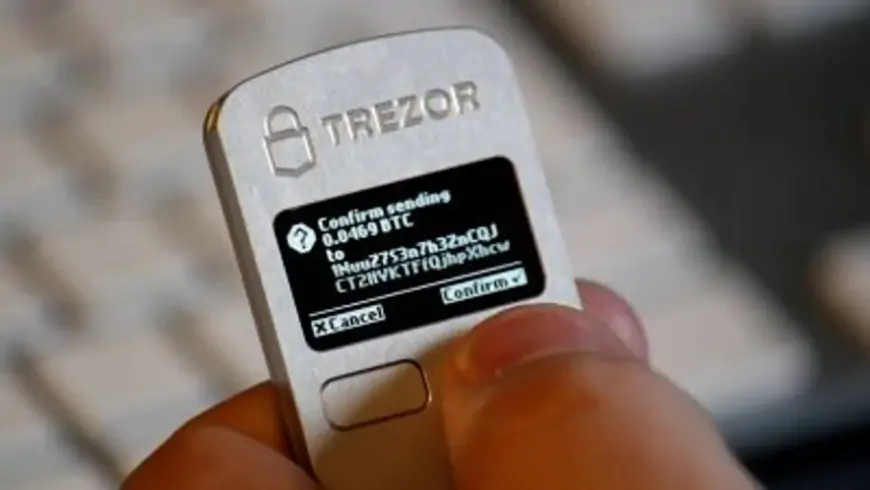What is cryptocurrency cold storage? All you need to know
Secure your cryptocurrency with cold storage methods. Learn how to keep private keys safe while staking crypto for potential rewards on the blockchain.

Understanding cryptocurrency cold storage
Cold storage involves taking your cryptocurrency keys out of your wallet and storing them in a location disconnected from any device, network, or the internet. It ensures that these keys cannot communicate with other electronic devices unless physically connected during key access.
Early concerns in cryptocurrency's history led to the development of cold storage, aiming to prevent key theft by hackers. Initially, it was as simple as writing down keys on paper and storing them away from wallets. Over time, cold storage methods have advanced to meet demand for simpler and more secure solutions.
Understanding cryptocurrency wallets is crucial for grasping storage methods. Similar to physical wallets holding cash, cryptocurrency wallets store keys. They are digital tools containing both public and private keys. The public key functions like an email address for sending and receiving crypto, while the private key grants access to the cryptocurrency. These keys are essential strings of characters for completing crypto transactions to or from a wallet.
Regarding safety, keys can be stored separately from the wallet. If the storage medium connects to an internet-connected device, it's termed "hot"; cold storage, on the other hand, lacks such connections to online devices.
Methods for storing cryptocurrency in cold storage
Various methods exist for storing cryptocurrencies in cold storage, with hardware wallets being the most commonly used. Beyond these, there are numerous other techniques that range from conventional to highly secure options.
Paper wallets
Paper wallets involve printing or writing down private keys on paper, potentially including a QR code for faster transactions, though this introduces security risks.
Hardware wallets
Hardware wallets resemble USB drives and provide secure storage by connecting to devices for access. They range from basic to advanced models with features like Bluetooth and multi-signature support.
Sound wallets
Sound wallets are a lesser-known method involving encrypting private keys into sound files stored on physical media like CDs or vinyl records, requiring specialized equipment for decryption.
Deep cold storage
This highly secure method involves inconvenient storage locations, such as burying hardware wallets underground or using vault services requiring multiple authentication steps for access.
Exchanges and vault services
Some cryptocurrency exchanges offer deep cold storage similar to enterprise-level data protection, though using third-party services poses security risks despite potential insurance coverage against theft.
Best cold storage methods for cryptocurrency
Any cold storage method that isolates your private keys from online access is beneficial. Optimal security is achieved with deep cold storage, which involves adding layers of complexity to make access more challenging.
Can cryptocurrency be stored in cold storage?
No, cryptocurrency itself is not stored anywhere. It exists as a digital token on a blockchain, similar to a driver's license representing legal identity. The keys associated with the cryptocurrency are what are stored in wallets, whether they are hot or cold.
Can crypto still be staked in cold storage?
Yes, cold storage involves securing your keys for safety, while staking refers to locking up cryptocurrency on the blockchain for potential rewards. You can stake your crypto and maintain your keys in cold storage simultaneously.












































